
Isaac Herzog
(C), co-leader of the centre-left Zionist Union party, speaks to the media after voting for the parliamentary election at a polling station in Tel Aviv March 17, 2015 (Photo: Ahram)" width="300" height="179" /> Isaac Herzog (C), co-leader of the centre-left Zionist Union party, speaks to the media after voting for the parliamentary election at a polling station in Tel Aviv March 17, 2015 (Photo: Ahram)Tel-Aviv, 27 Jumadil Awwal 1436/18 March 2015 (MINA) – Israelis voted Tuesday in an election expected to be a close-fought battle between the centre left and Prime Minister Benjamin Netanyahu, who ruled out a Palestinian state in a last-ditch appeal to the right.
The outcome of the race, in which opinion polls suggest Netanyahu will win fewer seats than the centre-left Zionist Union, is likely to help determine the prospects for new Middle East peace talks and Israel’s troubled relations with its US ally.
Around six million voters are eligible to take part in the election for Israel’s 120 members of parliament, Ahram Online quoted by Mi’raj Islamic News Agency (MINA) as reporting.
Polls close at 10:00 pm (2000 GMT) with exit polls by Israel’s main media outlets set to give the first indications of the likely outcome minutes afterwards.
Also Read: British Activist Nears End of 6.5-Month Walk From UK to Istanbul to Support Palestinians
Netanyahu brought the election on himself, calling the snap vote after firing centrist ministers from his fractious coalition just two years into its term. It will be Israel’s third election since 2009 and the biggest challenge yet for the 65-year-old incumbent, who is seeking a third consecutive term.
Final opinion polls published on Friday gave the Zionist Union of Labour leader Isaac Herzog a three to four seat lead over Netanyahu’s Likud party. But the surveys also suggested Netanyahu will have an advantage when it comes to piecing together a coalition with smaller allies from the right.
As he cast his own ballot on Tuesday, Netanyahu ruled out any alliance with Herzog. “There will not be a unity government with Labour. I will form a national (rightwing) government,” he said.
Netanyahu has warned a vote for the Zionist Union could endanger Israel’s security and lead to the division of Jerusalem and the establishment of a Palestinian state in the annexed eastern sector.
Also Read: Türkiye Urges Israel to Match Hamas’ Constructive Steps Toward Permanent Gaza Ceasefire
On Monday he was asked by the rightwing NRG website if it was true that there would be no Palestinian state established if he was reelected. “Indeed,” said Netanyahu, who in 2009 had endorsed the idea of two states living side by side.
He later told public radio the two-state solution was now irrelevant, saying the “reality has changed” and “any territory which would be handed over would be taken over by radical Islamists”.
Netanyahu’s opponents charge that he has played the politics of fear and endangered Israel’s close relationship with the United States for the sake of ideological posturing. Washington accused his government of undermining US-brokered peace talks with the Palestinians through its persistent expansion of Jewish settlements in the occupied territories.
The Israeli premier then further infuriated President Barack Obama by accepting an invitation from his Republican opponents to encourage Congressional opposition to his efforts for a historic nuclear deal with Iran. “I hope for change, of course, but doubt things will change,” Shulamit Laron, a woman in her fifties, told AFP at a polling station in Jerusalem’s German Colony.
Also Read: HRF Files Legal Complaint in Cyprus Against Israeli Soldier
“I’d like to see Netanyahu disappear for many, many years. The most important issue is relations with the Palestinians,” she said.
Gideon Yaacobi, 60, complained: “There is never any real change. They call it right, left, nothing changes on issues like the Palestinians.”
The new premier will have to deal with daunting domestic and foreign policy challenges including Iran’s nuclear programme, repairing ties with the United States and maintaining economic growth.
And then there are the tricky issues of ties with the Palestinians following the collapse of peace talks last year, instability left over from the 2014 Gaza war and a looming legal challenge at the International Criminal Court. There are 25 lists battling it out for seats, in a reflection of Israel’s diverse political map, but only 11 are forecast to enter the Knesset.
Also Read: Tensions with Lebanon’s Hezbollah, Israel to Recruit 12,000 Additional Soldiers
Under Israel’s proportional representation system, any party can enter parliament if it receives more than 3.25 percent of the vote.
The task of forming a new government does not automatically fall to the party with the largest number of votes, but to the party leader with the best chance of forging a coalition with a parliamentary majority of 61. Once the results are known, President Reuven Rivlin has seven days to entrust a party leader with the job of forming the next government. (T/P011/R03)
Mi’raj Islamic News Agency (MINA)
Also Read: Hamas: Israeli President’s Africa Visit an Attempt to Undermine Support for Palestine





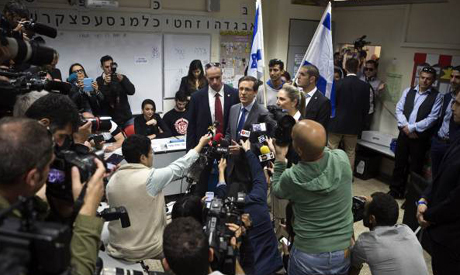


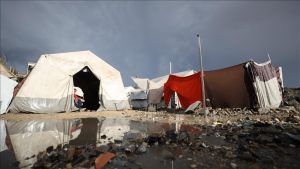
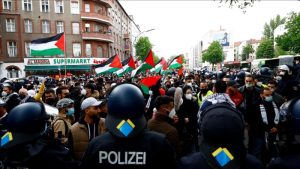
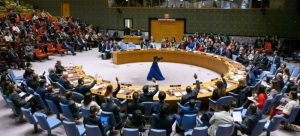
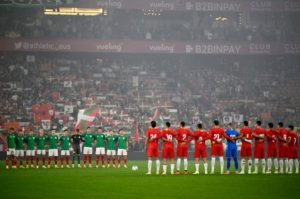


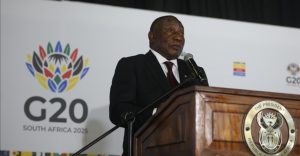


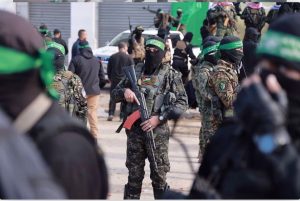


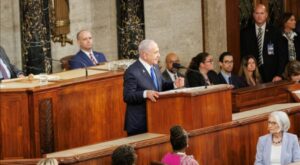











 Mina Indonesia
Mina Indonesia Mina Arabic
Mina Arabic